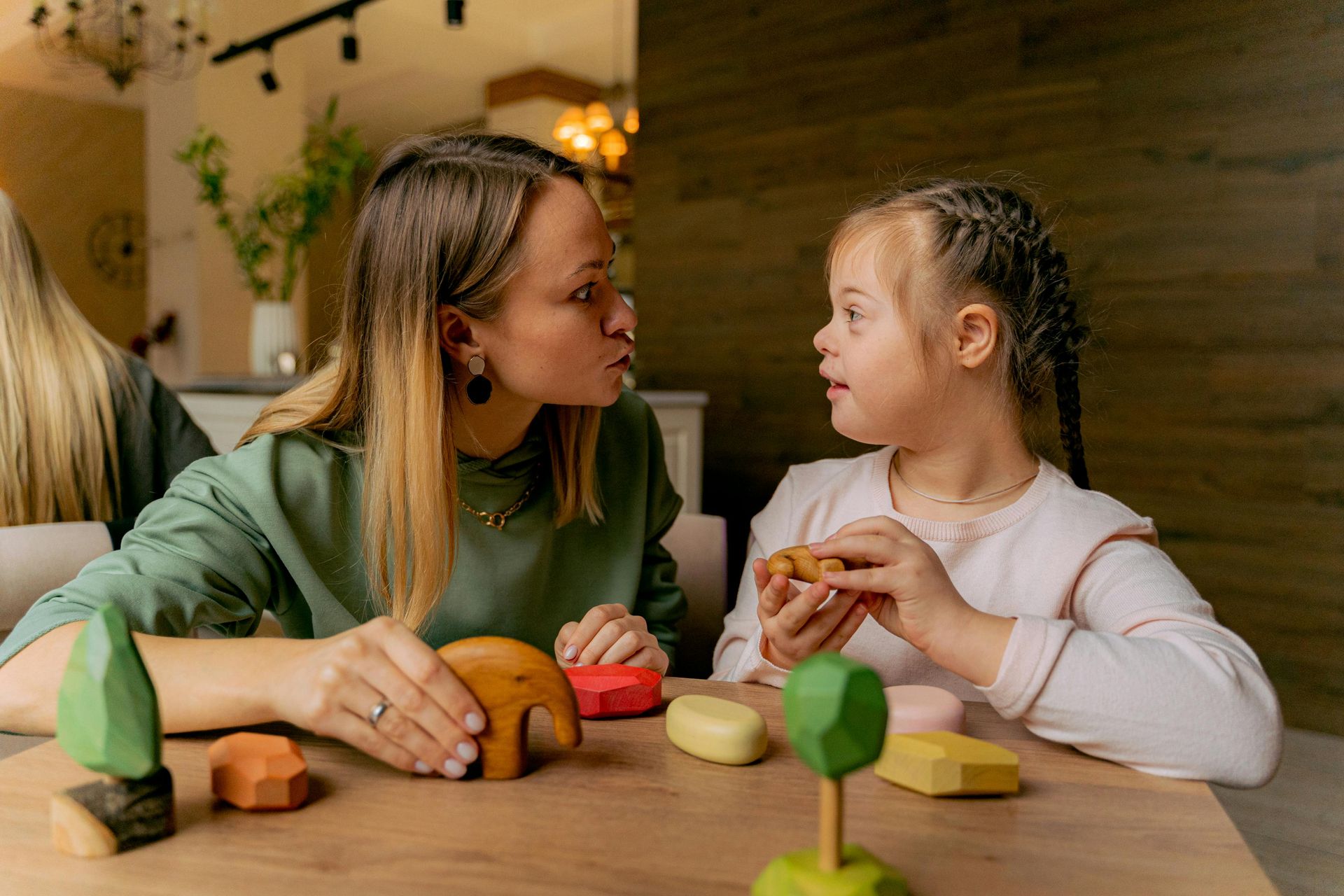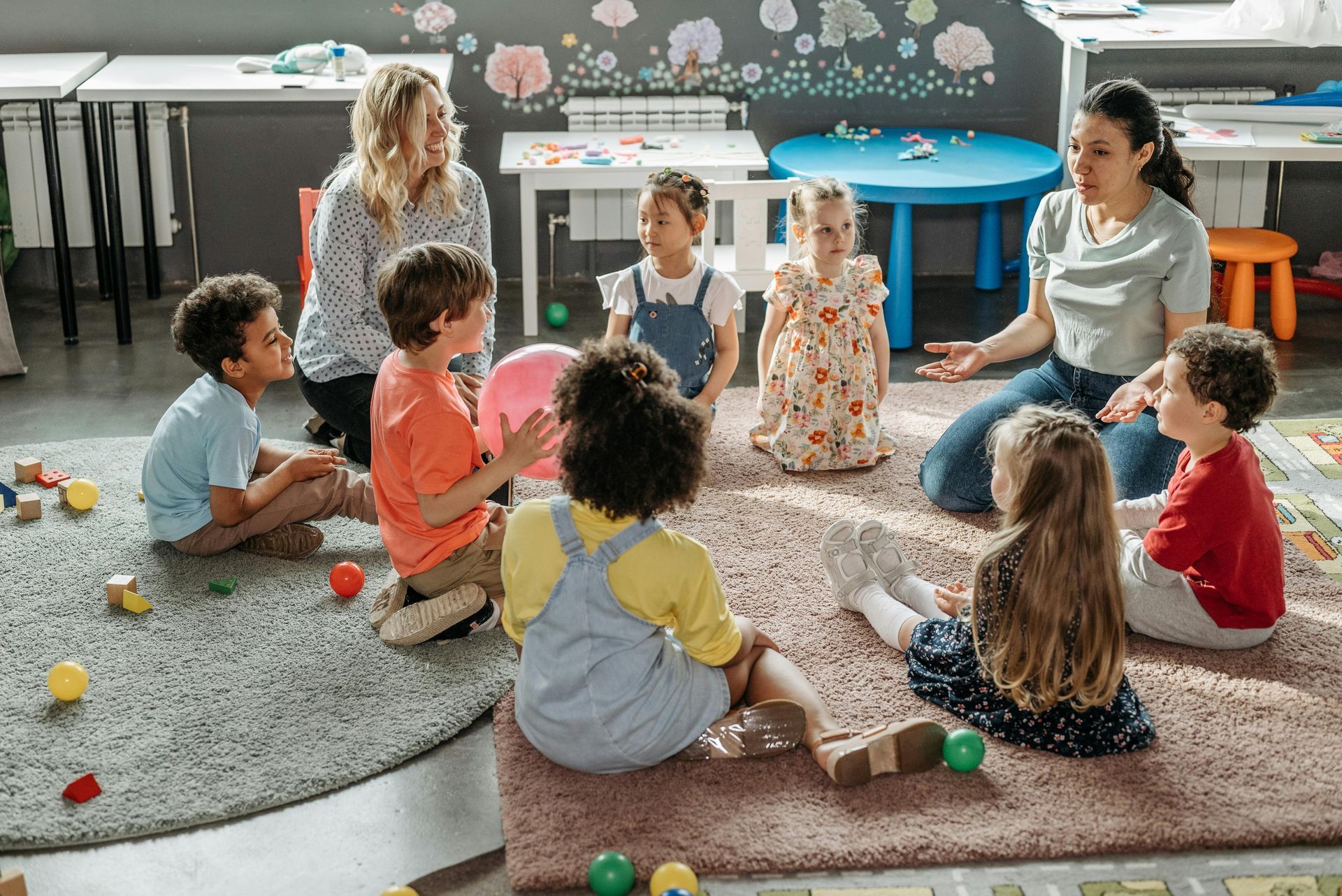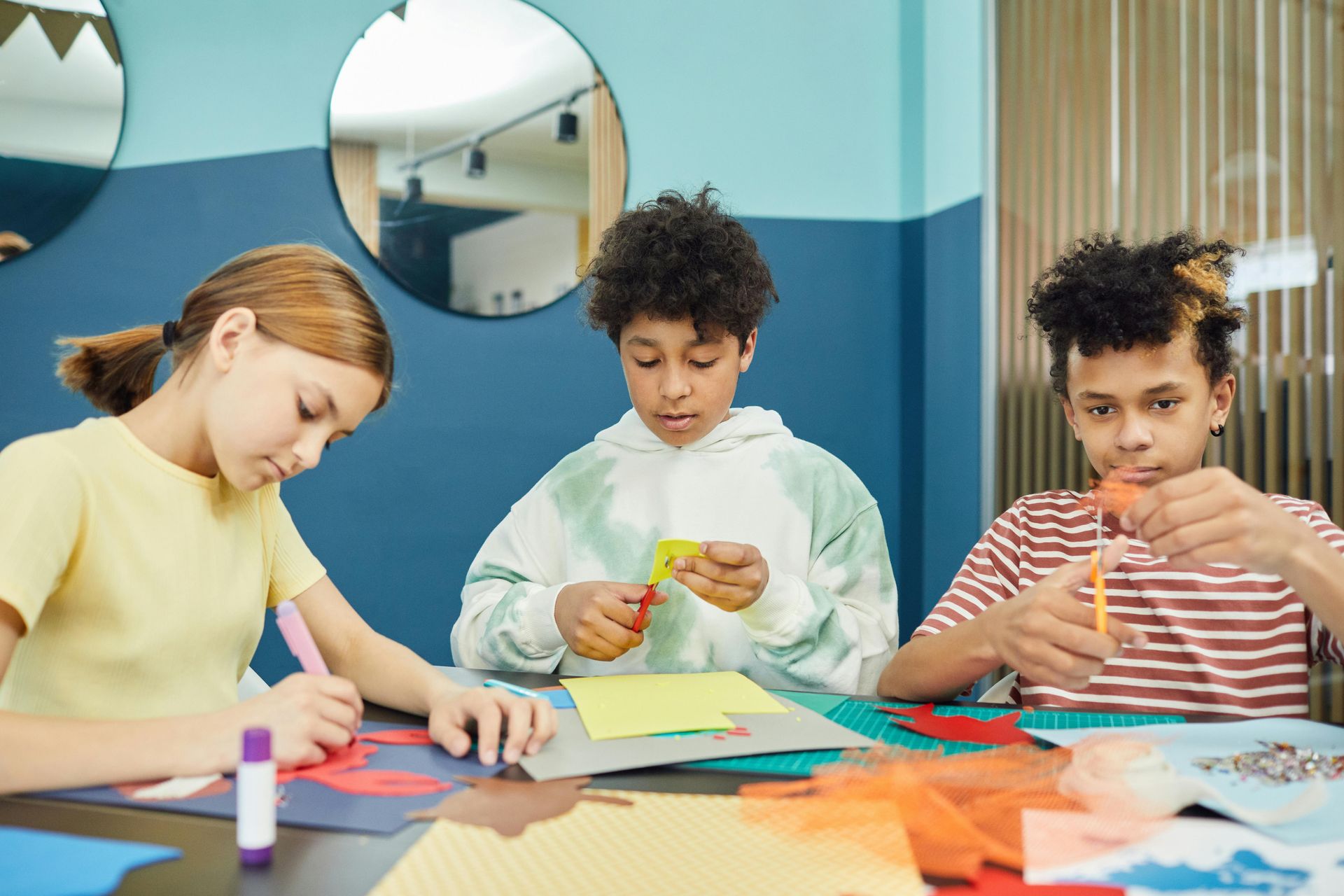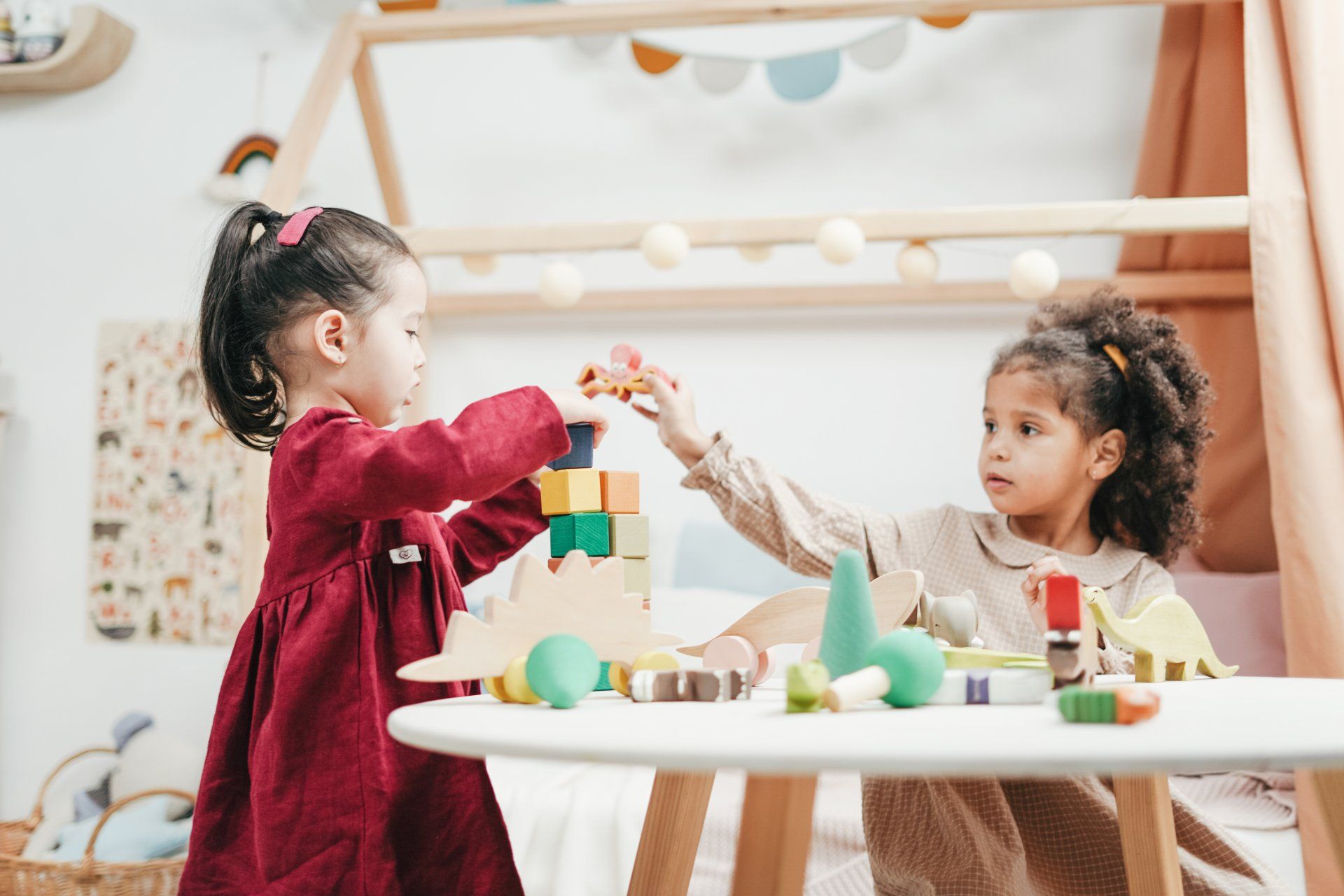The Importance of Early Childhood Education: Laying the Foundation for Lifelong Learning

Early childhood education is a crucial part of a child's development, and its importance cannot be overstated. Research consistently shows that children who receive high-quality early education are more likely to succeed in school, have stronger social skills, and perform better throughout their lives. The foundation for all future learning is built during these formative years, which is why at Kid's Avenue Learning Center, we focus on providing a supportive and stimulating environment for children to grow and thrive.
Building Cognitive Skills
From the moment a child enters our doors, they embark on a journey that stimulates their intellectual development. The first few years of life are when the brain is growing rapidly, and cognitive development is at its peak. At Kid’s Avenue, we design our programs to engage children’s curiosity and foster critical thinking skills through interactive learning experiences. Activities such as sorting shapes, identifying colors, and learning simple patterns lay the groundwork for future mathematical and scientific understanding.
Our educators use various tools and techniques to keep learning fun, such as hands-on activities that encourage exploration. For instance, children may engage in sensory play that helps them develop their problem-solving abilities while learning about the world around them. By providing just the right level of challenge, we ensure that each child is motivated to think, question, and develop their cognitive abilities at their own pace.
Emotional and Social Development
At Kid’s Avenue, we place a strong emphasis on emotional and social development. Emotional intelligence is just as important as academic success in ensuring that children are well-prepared for the future. Through various activities, children learn how to express their emotions in healthy ways, work through frustration, and develop empathy toward others.
Children at Kid’s Avenue are encouraged to form positive relationships with their peers. Whether through group play, collaborative projects, or shared learning experiences, children begin to understand the importance of cooperation and communication. These early experiences in social settings help children build the confidence they need to interact effectively with others as they grow older.
In addition to peer interactions, our staff works closely with each child to ensure they feel secure and valued. When children feel safe emotionally, they are more willing to take risks in learning and explore new ideas. This sense of security is critical in fostering both social and emotional growth.
Language and Communication
One of the most important aspects of early childhood education is the development of language and communication skills. At Kid's Avenue, our curriculum includes various activities aimed at building vocabulary, improving listening skills, and encouraging verbal expression. Through storytelling, group discussions, and interactive language games, children develop an understanding of the world through language.
Reading is a cornerstone of our curriculum. We believe in the power of books to engage children’s imaginations, promote literacy, and foster a love for learning. Teachers read aloud to the children regularly, helping them develop an understanding of narrative structure, vocabulary, and language patterns. We also encourage children to ask questions, share their thoughts, and participate in group conversations, all of which support their communication skills.
By nurturing language development at an early age, we set the stage for later literacy success. Whether it’s recognizing letters and sounds, learning to express their thoughts clearly, or engaging in conversations with others, children at Kid’s Avenue gain the language skills they need for lifelong learning.
The Role of Play in Learning
Play is often considered a child's work. It is through play that children explore, experiment, and understand their environment. At Kid’s Avenue, we recognize the importance of play-based learning and ensure that it is incorporated into every part of our curriculum. Play encourages creativity, supports physical development, and provides opportunities for children to engage in social interactions.
Through pretend play, children can explore different roles, express their emotions, and practice real-world skills in a safe environment. Whether they are pretending to be doctors, chefs, or explorers, children use their imagination to explore different concepts and expand their understanding of the world. Additionally, physical play, such as building with blocks or playing outside, supports fine and gross motor skills development.
Preparing for the Future
Early childhood education is not just about preparing children for the next grade level; it is about laying the foundation for lifelong learning. The skills children develop in these early years—such as problem-solving, emotional regulation, and language skills—serve as building blocks for future success in school, work, and life. At Kid’s Avenue Learning Center, we strive to foster a love of learning in every child and ensure they are well-prepared for all the challenges and opportunities ahead.
By providing a balanced mix of cognitive, emotional, social, and physical development, we help children develop the skills they need to be successful throughout their educational journey and beyond. We believe that every child has the potential to succeed, and through our early childhood programs, we are committed to helping each child reach their full potential.
At Kids Avenue Learning Center, our
VPK program prepares children for kindergarten success while also emphasizing the importance of
nurturing emotional intelligence to support their overall development.





















